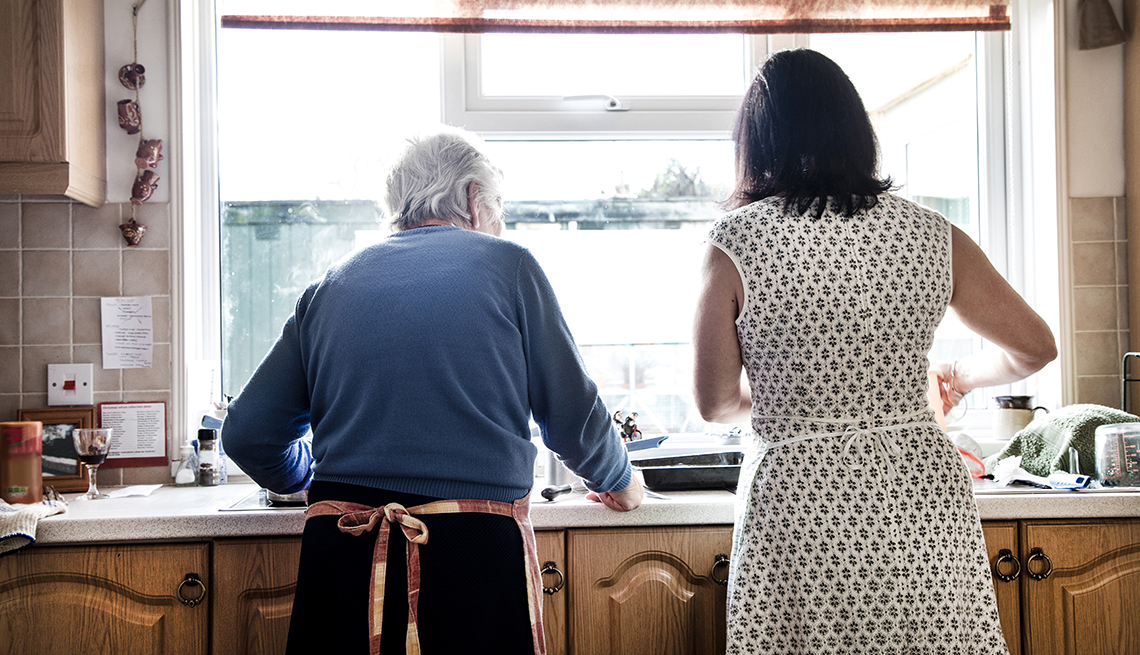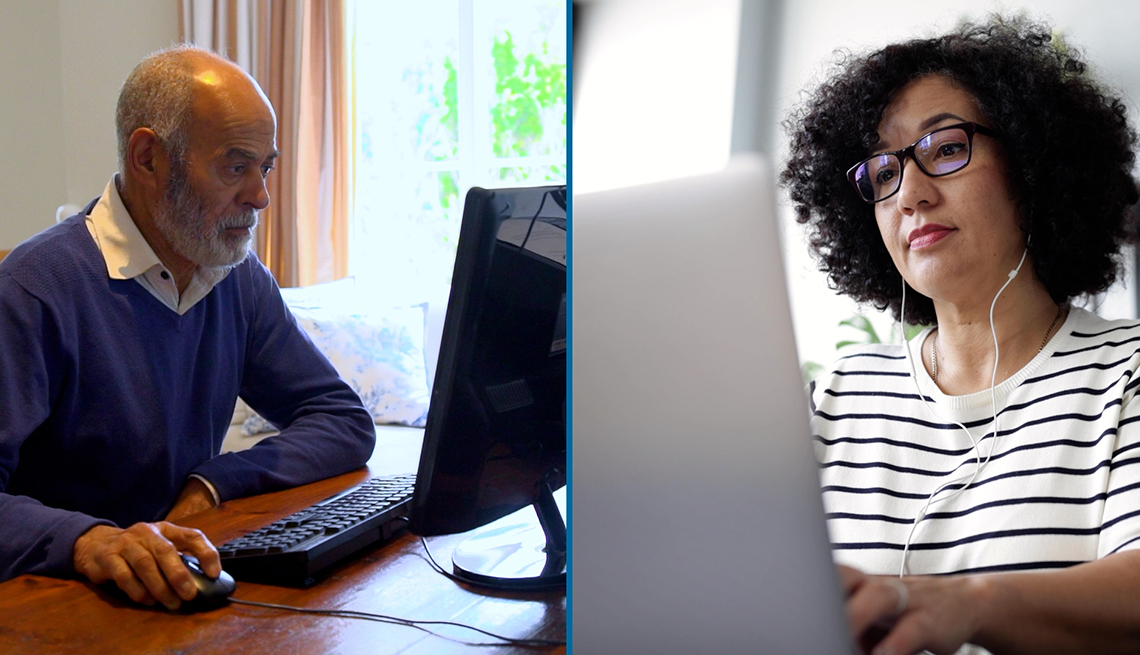
- Select a language for the TTS:
- UK English Female
- UK English Male
- US English Female
- US English Male
- Australian Female
- Australian Male
- Language selected: (auto detect) - EN
Play all audios:
PROVIDE CHOICES "Being able to offer an array of options regarding the small, daily things is essential,” says Tracy Turner, a social worker and bereavement counselor. “Another way to
engage is to draw on your parent's decades of life experience and wisdom, whether it's asking a question about child-rearing, events from the past or their opinion on a topic or
news item.” Watching my mother's life become more circumscribed in her independent living facility, I witness my mom's frustration at not being able to do things for herself as her
skills and abilities lessen. I've found that some of our best conversations are when I ask her to tell me specific stories from the past or ask her to recount some of her experiences
raising me and my sisters. “Did you ever struggle with …?” is an opener that I like to use. It feels to me both intimate and inviting. It signals that I'm about to tell her about
something I am experiencing in my life or marriage and I'm asking her how she handled it. These are conversations I will remember long after she is gone. Memory is a funny thing as we
age. Like for so many of us, my mom's older memories are more vivid in her mind. The stories she recalls most clearly and loves to tell are of summers in Arkansas, watching her mother
teach piano, her father's hole in one on the golf course and, yes, even getting pinned by old boyfriends. We got a giant giggle when I suggested we Google some of those past loves to
see where they are now. Those moments of connection with her past reconfirm her sense of a full, well-lived life. They remind her that she is so much more than the less mobile person she is
now, at 87. Heather O'Leary, 53, of Manchester, New Hampshire, takes care of her mother, Kathleen McCullough, who suffers from COPD, arthritis and other health issues. “Straight talk
about her situation works for us, and we communicate about everything,” says O'Leary, who helps her mother with the tasks of daily living, such as bathing, dressing and remembering
medications. “We talk about how we can work around her limitations, and I let her try things on her own. I only step in when she says she can't do something.” PROVIDE PURPOSEFUL WORK It
was important to Kathleen Cairnes to make sure her mother, who lived with her before she passed away, had meaning, purpose and responsibility. Cairnes wrote menus on the kitchen blackboard
so that her mother could choose what interested her and tasked her with folding laundry on the couch. “I even put her in charge of changing channels on the TV, so we could watch our favorite
shows."









